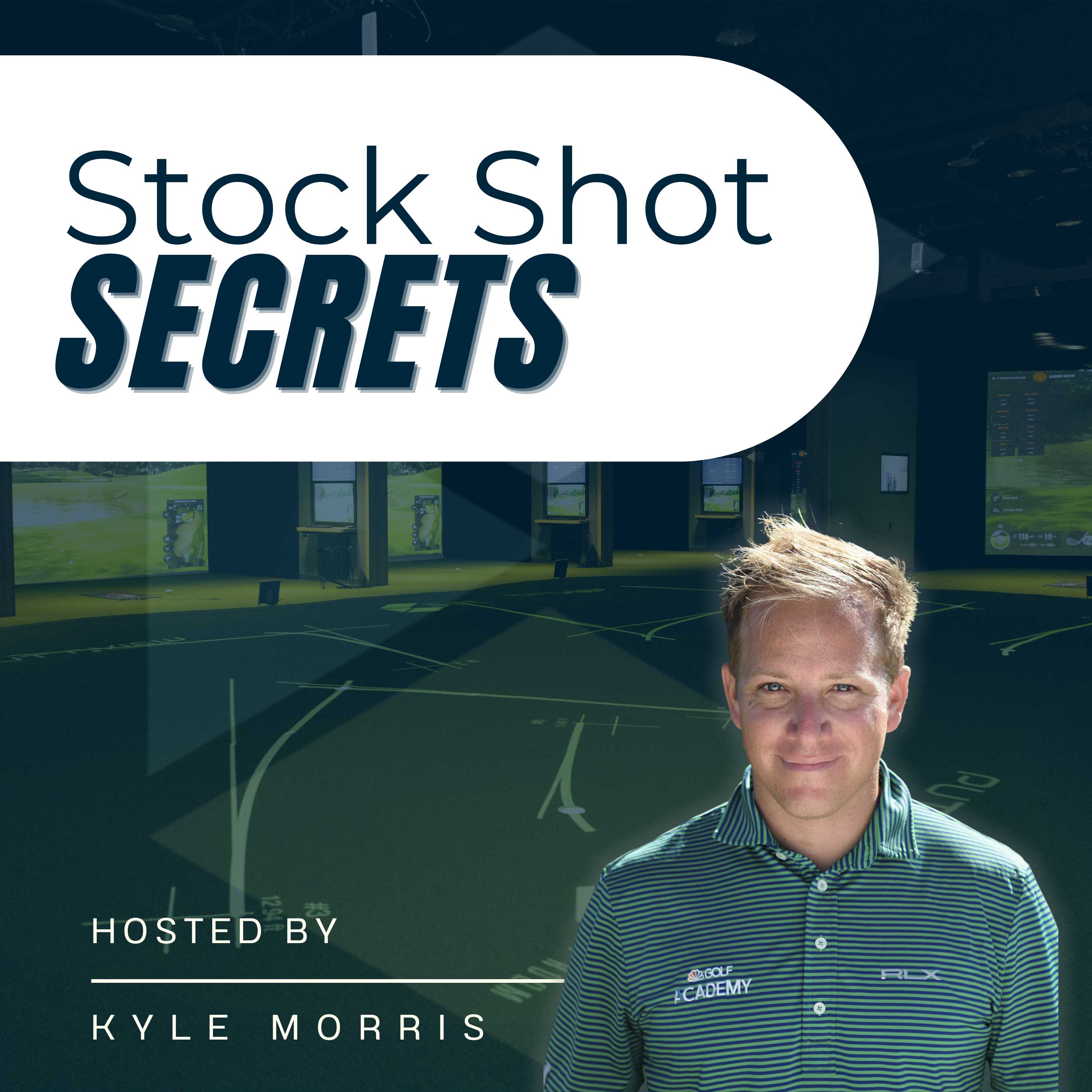Welcome back to another episode of "Stock Shot Secrets," the podcast where we unravel the mysteries of the golf swing and share insider tips to elevate your game. I'm your host Kyle Morris, and today we're privileged to have golf extraordinaire Mike Bender sharing his profound insights into the realms of golf instruction.
In this episode, we start with Mike detailing the evolution of his career, hearkening back to his days under the tutelage of Ben Doyle in California. Doyle wasn't just any instructor; he was the maestro teaching renowned players like Bobby Clampett and was a major proponent of The Golfing Machine—a scientific approach to the golf swing that emphasizes the physics behind the sport.
As Mike moved across the country to Florida, the learning curve continued to ascend. There he shadowed David Ledbetter, absorbing the rich knowledge from coaching sessions that included several PGA tour players. Each of these experiences were pivotal in shaping the coach Mike Bender has become, an aspect that I, Kyle, could connect with given the influence of industry legends like Stan Utley, Pia Nielson, and Wynn Marriott on my own development.
But it's Mac O'Grady who emerges as the greatest of Mike's mentors, lauded for his ability to significantly advance the ambitions of many who sought his guidance. For Mike, O'Grady's teachings were the pinnacle of golfing instruction, crystallizing the foundations of his own philosophy.
During our heartfelt conversation, I express my deep admiration for Mike—how his knowledge and methodical approach have been instrumental in advancing golf. I reminisce on encountering the game-changing concept of a stock shot from Jack Nicklaus himself, a revelation that significantly shaped my game. Mike weighs in on this concept, emphasizing that since a perfectly straight ball is nearly impossible, players must craft a reliable swing shape—a personal stock shot.
Mike articulates the significance of being able to curve the ball consistently towards the target and the confidence that comes from effectively cutting the course in half. He shares anecdotal wisdom from his experience teaching a major champion, establishing that even the most celebrated players lean heavily on their trusted stock shot under pressure.
Our discussion takes a personal turn as Mike reflects on his early years, starting from the age of 12 when his father introduced him to golf. His collegiate triumphs only underscore his natural affinity for the sport, yet Mike confesses that during his early playing days, he prioritized scoring over technical analysis of his swing—a mindset that eventually changed as his career progressed.
Mike’s narrative further unwinds as he reveals his early trust in Mac O'Grady's advice, a trust that not only influenced his play but led him to caddying during a pivotal tournament, which Mac won. The conversation transitions effortlessly from the exertions of caddying to the nuances of coaching, underscoring Mike's unique perspective on players' decision-making on the course.
Diving into the teaching aspects, Mike pinpoints aim and transition as two principal challenges for amateur golfers. He stresses the need for proper alignment and engaging the right muscles, both topics that resonate with my own experiences. As we banter about teaching methods, Mike shares a tale of a student with sky-high expectations and the reality-check brochure he employs to educate his students about the dedication required for improvement.
The importance of feedback is highlighted as a cornerstone of both our teaching philosophies. Mike regales us with a story from his playing days, where negative feedback spurred him to invent new tools and techniques to refine his swing. These innovations catalyzed his progression from tour player to influential coach—a journey he equates to the partnership with his long-time student, Zach, tackling tournaments and majors together.
Our episode then gazes into the crystal ball to predict the future of golf and its coaching. We observe the athleticism burgeoning in players and appreciate the new training methodologies on the rise. Mike reiterates that while teaching principles remain steadfast, the golfing industry is ripe for better training environments and feedback mechanisms.
We draw parallels between learning to golf and my daughter's attempts at writing the letter "a"—an anecdote that showcases the necessity of feedback. Concluding the podcast, Mike reaffirms the value of feedback, both technological and otherwise, in sculpting not just a pretty swing but also the underlying 'feel' for the motions.
It was a riveting conversation, packed with anecdotes and lessons drawn from years of expertise on and off the green. As we bid farewell to Mike, we encourage listeners to check out his wealth of knowledge on his website and follow him on Instagram, and, if possible, to visit their practice facility in Orlando.
Thanks for tuning into "Stock Shot Secrets." We've distilled the essence of golf into pearls of wisdom, all thanks to the incredible Mike Bender. Remember, the secrets to a consistent and reliable game are within you, and with hard work and the right guidance, like that of Mike, the fairways of success await. Keep swinging and tune in next time for more secrets worth sharing.
00:00 Jack Nicklaus taught me important golf lesson.
03:45 Golfers aim for curved shots, build confidence.
07:57 Started playing golf after parents' divorce, California.
10:28 Focused on instinctive golfing, no prior instruction.
16:04 Reflecting on mentors, identifying key impactful experiences.
18:37 Golf lessons with David Ledbetter, video feedback.
21:00 Colleague praised golf swing transformation, memorable affirmation.
26:01 PGA Tour instructor discusses teaching challenges succinctly.
29:02 Value transition area of golf swing for consistency.
30:45 Reflecting on coaching and the future of golf.
34:26 Physics and technology challenge traditional teaching methods.
37:54 Encouraging amateur golfers to embrace helpful tools.
42:01 Discussing change in habits and its importance.
44:27 Encourage precision and use stencils for tracing.
46:48 Develop new motor program for effective performance.
Music from #Uppbeat (free for Creators!):
https://uppbeat.io/t/hartzmann/paradise-island
License code: EGCL4LAT2URKBLYU
Copyright 2025 Kyle Morris
